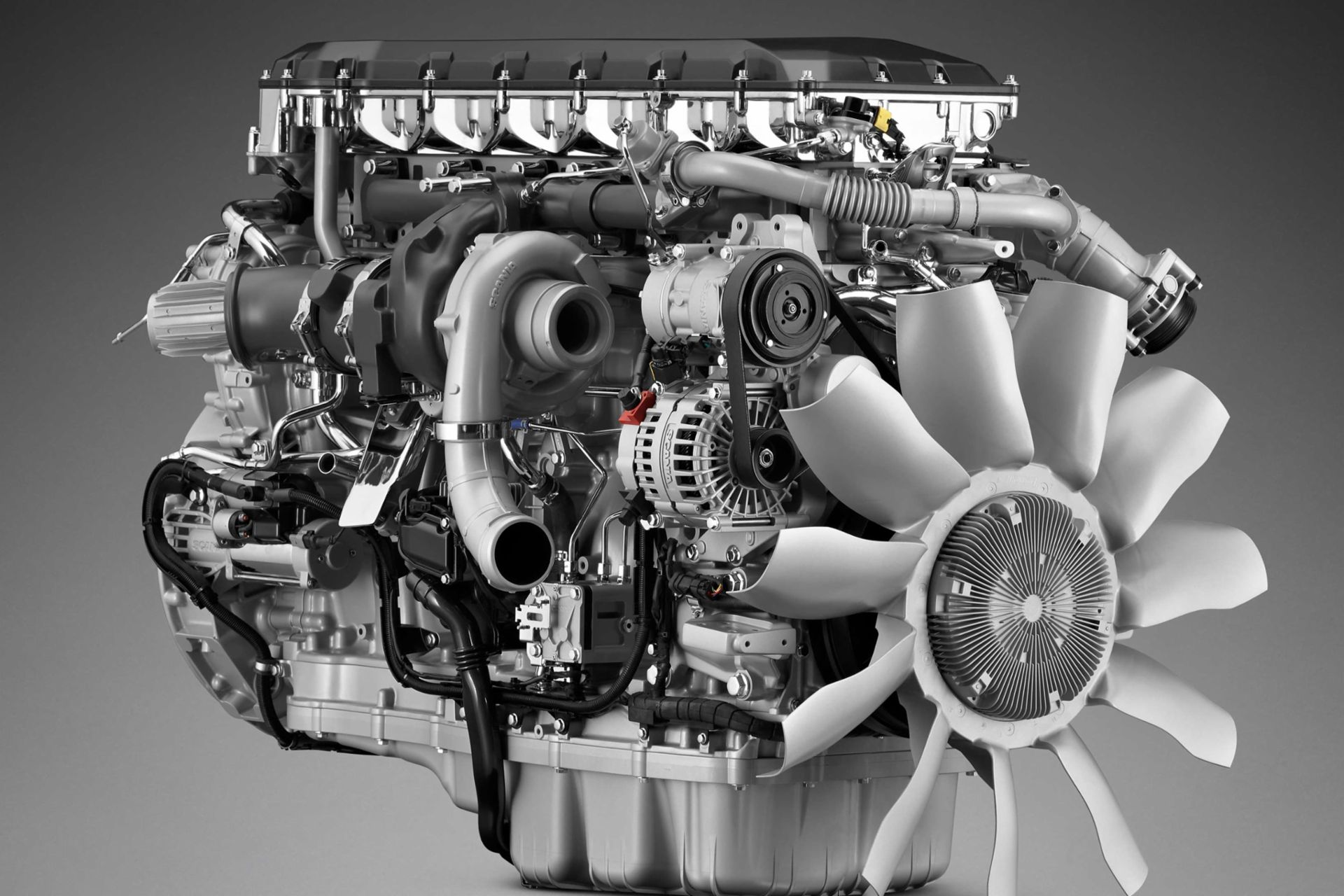The Effect of Innovative Engine Technologies on Energy Performance and Environmental Sustainability
In the realm of transportation and commercial machinery, the continual quest for boosted energy efficiency and decreased environmental influence has led to substantial improvements in engine modern technologies. From the progressive shift in the direction of hybrid and electrical systems to the integration of turbocharging for boosted performance, the landscape of engines is advancing rapidly. The use of alternate gas better branches out the options readily available for lasting energy resources. These developments not just promise a greener future yet additionally hold the possible to revolutionize the way we come close to energy intake and ecological sustainability.
Advancement of Engine Technologies
The progression of engine modern technologies over the decades has been marked by continual innovation and refinement in quest of improved efficiency and effectiveness. From the very early days of inner combustion engines to the sophisticated hybrid and electrical powertrains of today, the evolution of engine technologies has been driven by a ruthless quest for improved fuel efficiency and reduced discharges.
One considerable turning point in this development was the development of turbocharging and straight shot systems, which substantially increased engine power outcome while enhancing fuel performance. These innovations enabled smaller sized, much more light-weight engines that can provide the performance of bigger ones without compromising on effectiveness.
Moreover, improvements in products science have resulted in the extensive adoption of lightweight materials such as aluminum and carbon fiber in engine building. This has not just lowered total car weight however has likewise improved engine effectiveness by minimizing energy losses related to inertia and rubbing.
Benefits of Electric and Crossbreed Systems
With the expanding concentrate on sustainability and power performance, what benefits do hybrid and electric systems supply in the world of engine modern technologies? Electric and hybrid systems existing many benefits that add to a much more energy-efficient and sustainable future. Among the key benefits is the significant decrease in greenhouse gas discharges contrasted to conventional interior burning engines. Electric cars generate no tailpipe emissions, resulting in enhanced air high quality and reduced environmental influence. In addition, electric and hybrid systems are extra energy-efficient, converting a greater percentage of kept energy into propulsion contrasted to traditional engines. This performance leads to lower power usage and operating costs over the vehicle's lifetime. Moreover, electric vehicles offer regenerative stopping systems that catch and keep energy generally shed during braking, additionally enhancing energy effectiveness. Crossbreed systems combine the benefits of electric propulsion with the adaptability of a burning engine, supplying prolonged driving arrays and reducing variety anxiety for consumers transitioning to electric vehicles. Generally, hybrid and electrical systems play a vital function in advancing power efficiency and environmental sustainability in the transport field.
Turbocharging for Improved Performance
Turbocharging works by utilizing a turbine to require more air into the combustion chamber, allowing for better fuel burning and increased power output without a considerable boost in engine size. By optimizing the performance of the combustion process, turbocharged engines can achieve enhanced gas economic situation and reduced exhausts, contributing to environmental sustainability. The extensive fostering of turbocharged engines in both gas and diesel vehicles demonstrates their performance in informative post balancing performance, efficiency, and ecological influence.
Harnessing Alternative Fuels
Taking advantage of alternative gas offers an appealing opportunity for minimizing carbon emissions and branching out the power sources made use of in transportation. As the world makes every effort to combat environment modification and lower dependence on fossil gas, alternate fuels have actually gotten considerable interest for their prospective environmental and financial benefits.
Biofuels, such as ethanol and biodiesel, are acquired from sustainable resources like corn, sugarcane, and algae, providing a cleaner burning option to conventional gasoline and diesel. These gas can be combined with existing oil gas or used in specialized engines, offering a pathway to reduced greenhouse gas discharges and boost air quality.
Additionally, hydrogen gas cells have become an encouraging innovation for zero-emission transport. engines for africa. By converting hydrogen gas into electrical energy to power electric motors, gas cell vehicles create just water vapor as straight from the source a byproduct, removing hazardous tailpipe exhausts entirely
Along with reducing carbon exhausts, alternative gas can additionally improve energy security by diversifying the fuel mix and lowering dependence on imported oil. Accepting alternative gas in transportation is an important step towards attaining a more sustainable and eco-friendly future.

Environmental Benefits and Future Potential customers
Different gas, such as biofuels, hydrogen, and electricity, deal significant environmental advantages compared to standard fossil fuels. In addition, alternative fuels can assist diversify power resources, improving energy security and reducing dependence on limited resources.
Advancements in technology continue to boost the effectiveness and price of alternative gas cars, making them more accessible to consumers. By accepting alternate gas and cutting-edge innovations, the course in the direction of an extra lasting future becomes increasingly attainable.

Conclusion
In final thought, ingenious engine innovations have actually played a critical function in boosting power efficiency and promoting environmental sustainability. The evolution of engine modern technologies, adoption of hybrid and electric systems, application of turbocharging, and exploration of alternative fuels have all added to reducing exhausts and enhancing efficiency.
In the realm of transportation and commercial machinery, the constant quest for enhanced energy effectiveness and lowered environmental influence has led to significant improvements in engine modern technologies. Turbocharging works by making use of a generator to force more air into the burning chamber, enabling for better gas combustion and raised power output without a substantial increase in engine dimension. By maximizing the look these up performance of the burning procedure, turbocharged engines can accomplish enhanced fuel economic situation and lowered discharges, adding to ecological sustainability. Alternate gas, such as biofuels, hydrogen, and power, deal considerable ecological benefits contrasted to traditional fossil fuels. The advancement of engine modern technologies, fostering of electrical and hybrid systems, usage of turbocharging, and exploration of alternate fuels have all contributed to reducing discharges and raising efficiency.